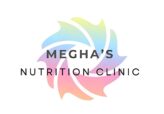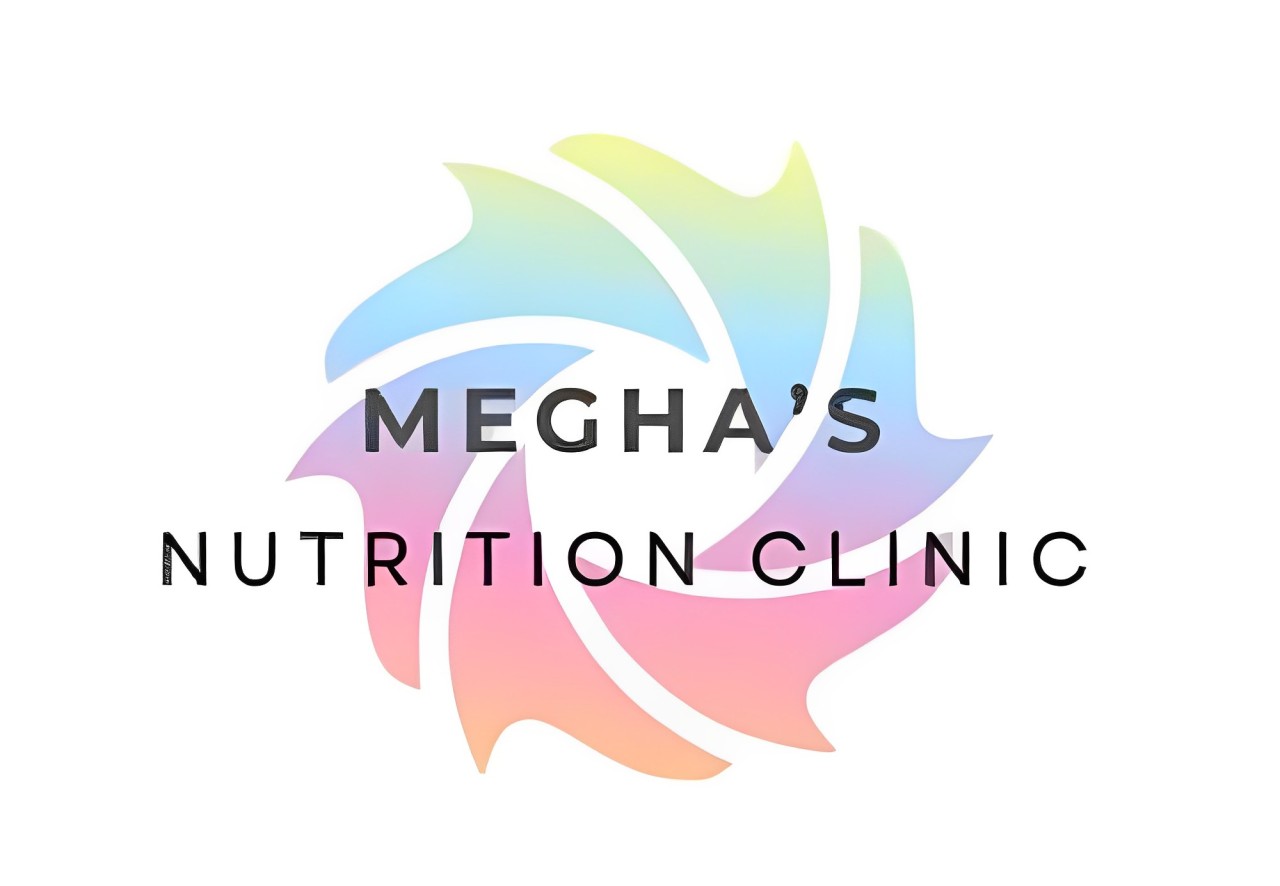Are nut milk really comparable with cow milk? No other milk can be compared to the nutritional benefit of cow’s milk unless you add micronutrients, preservatives, color, and flavor to make it comparable.
While these products may appear competitive on the shelf, it’s difficult to ignore their potential synergy within the broader food system.”
Why You Might Consider a Milk Substitute
Although cow’s milk offers a commendable nutritional profile, being rich in high-quality protein and essential vitamins and minerals like calcium, phosphorus, and Vitamin B, there is a growing trend of exploring alternatives to cow’s milk. Particularly relevant for:
- Individuals who are allergic to dairy or lactose intolerant.
- Individuals who believe that cow’s milk might not align with their idea of a healthy choice.
- Inherently Vegan individuals.
- Those who simply avoid milk and choose nut milk just to go along with the trend.
- As the world evolves, more people are embracing non-dairy alternatives as a viable option.
Consider keeping this in mind while selecting your nut milk.
- Low in Protein: Nut milk cannot replace the amount of protein from cow’s milk, with soy milk being somewhat closer, but concerns again remain about the inhibitors in soy milk.
- Added Sugar: Flavored and sweetened varieties of non-dairy milk often contain added sugar. Opt for unsweetened options and prioritize brands that don’t list sugar as one of the top ingredients.
- Calcium Content: While cow’s milk is naturally rich in calcium, most non-dairy milk is fortified with this essential mineral. Look for brands that provide at least 120 mg of calcium per 100 ml.
- Vitamin B12: Select milk alternatives fortified with Vitamin B12, which supports brain health and the immune system.
- Super Pricey: Non-dairy milk can be pricier than cow’s milk. Consider making your own plant-based milk at home to save on costs. Keep in mind that homemade versions may not be fortified with calcium, Vitamin B12, and other micronutrients.
- Additives: Most non-dairy milk includes additives like carrageenan and vegetable gums to improve texture. Although generally safe, individuals may prefer to avoid these additives. Check labels if you have specific preferences.
- Dietary Considerations: People with allergies or intolerances to ingredients commonly used in plant-based milk, such as gluten, nuts, or soy, should carefully review labels to ensure they align with their dietary needs.
There are many points to debate on how sustainable nut milk can be since it’s produced industrially. Just to keep your thoughts on this, think about the large-scale monoculture plantations, excessive use of pesticides, and long-distance transportation, which can still pose sustainability challenges. Demand for nuts has increased in recent years, leading to concerns about deforestation, water usage, and the exploitation of labour in some regions.
So, you may ask what the ideal way is. If you are vegan or truly allergic to lactose, consider preparing nut milk at home rather than purchasing from the shelf. However, make sure to have enough protein and other micronutrients from other sources.

